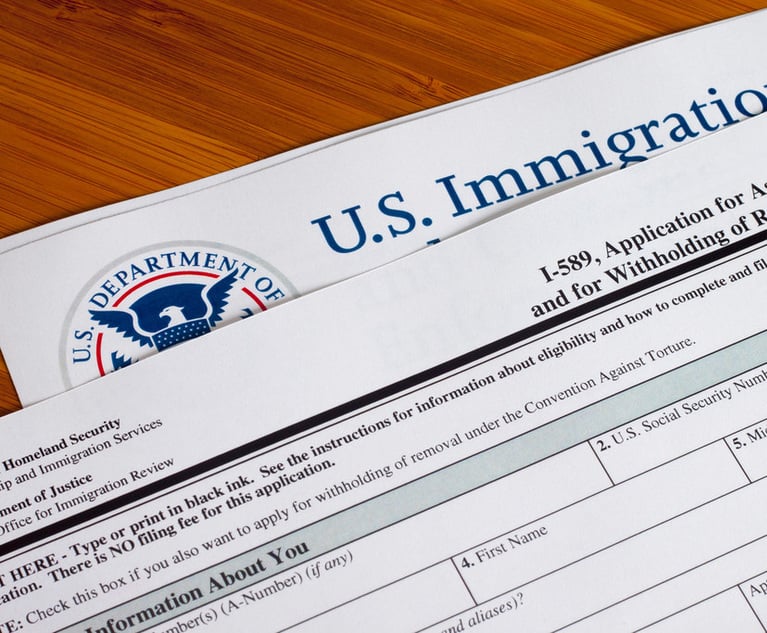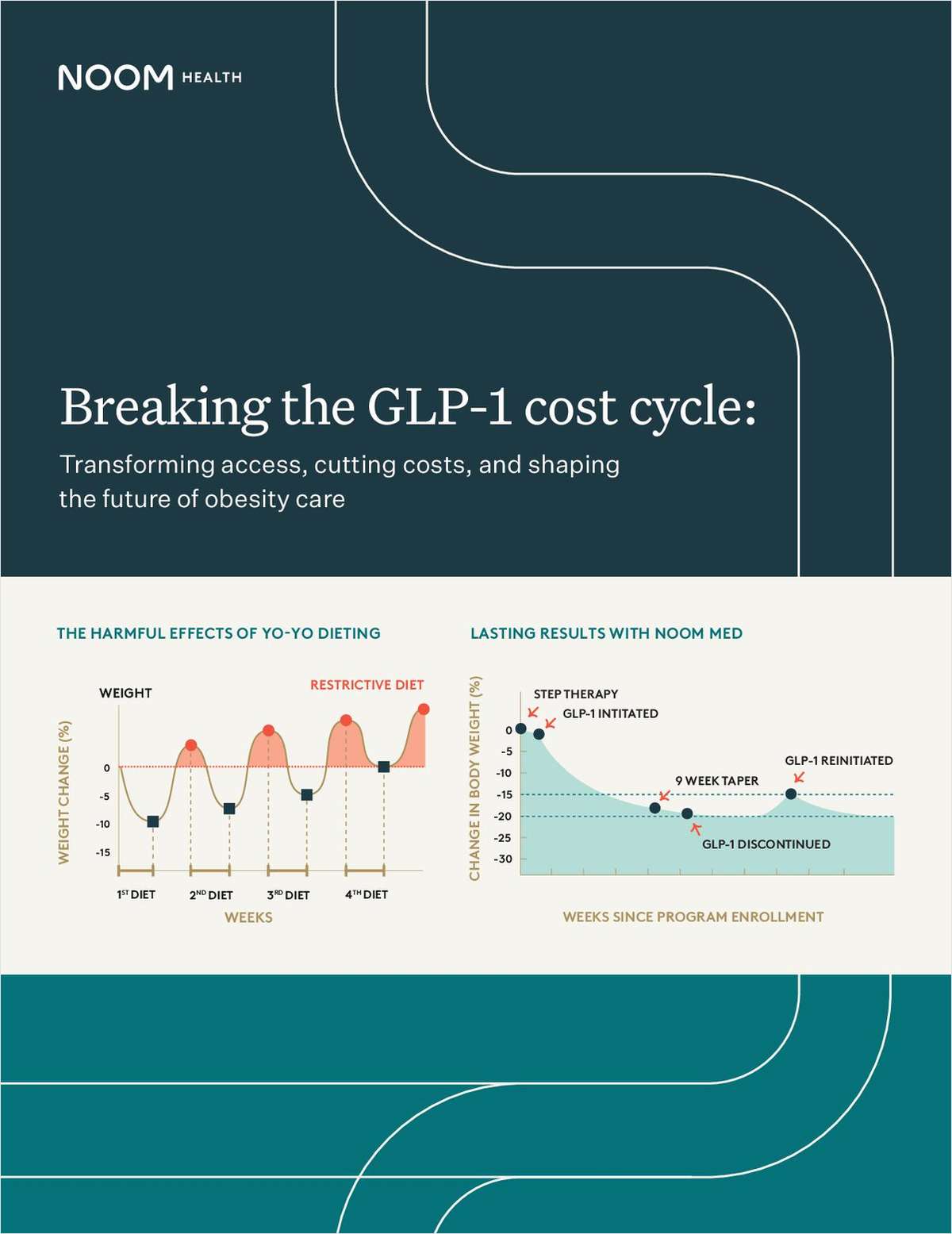Cases to Watch Before the Connecticut Supreme Court in June
The Connecticut Supreme Court will hear oral arguments in 11 cases this month.
June 01, 2020 at 07:28 PM
3 minute read
 Connecticut Supreme Court in Hartford. Photo: Wikimedia Commons
Connecticut Supreme Court in Hartford. Photo: Wikimedia Commons
The Connecticut Supreme Court is set to hear oral arguments in 11 cases during a special June session, held via videoconferencing due to precautions during the COVID-19 pandemic.
Here is a look at some of the more notable cases.
State v. Carey
In an appeal that centers on hearsay, the state Supreme Court will decide whether the Connecticut Appellate Court made a mistake in upholding the murder conviction of Alanna Carey in the shooting death of her ex-boyfriend.
At issue is a defense claim that the trial court was wrong in allowing the testimony of a friend of Edward Landry, the victim in the case.
According to the state high court's synopsis of the case, prosecutors presented testimony during trial of Mark Manganello about conversations he had had with Landry. The defense, the synopsis says, had argued the testimony was hearsay, and therefore the court should not allow it.
In its ruling, the Connecticut Appellate Court said any error in allowing the testimony was "harmless in light of the overwhelming evidence of the defendant's consciousness of guilt."
The appellate court also wrote that Manganello's testimony "did not substantially affect the verdict," according to the synopsis.
Klein v. Quinnipiac University
At issue in the premises liability case of Klein v. Quinnipiac University is whether the trial judge should have made certain jury instructions.
A jury found in favor of Quinnipiac University, which Daniel Klein sued after he was injured while riding over a speed bump on campus.
Klein appealed, saying the judge should have instructed the jury as "to the duty of care that a property owner owes a licensee," according to the high court's synopsis of the case. The plaintiff argues the university consented to his presence on campus, and had a duty to warn that there was a speed bump in the area.
But the lower court disagreed. It ruled the speed bump "was visible on a clear and sunny day such that it could not be considered a hidden, dangerous condition."
State v. Manuel T.
In another case that hinges on hearsay evidence, a man convicted of sexual assault and risk of injury to a child—his stepdaughter—appealed, arguing the court improperly allowed video evidence of statements that the child made to hospital officials.
The trial court allowed the statements, according to the state Supreme Court's synopsis of the case, under "the medical diagnosis or treatment exception to the hearsay rule."
Manuel T., though, argued that the lower court should not have made an exception to the hearsay rule, because "the primary, if not singular, purpose of the interview was criminal investigation and prosecution, not medical diagnosis or treatment."
Now, it's up to the state's highest court to decide.
Related stories:
No Oral Arguments This Week at Connecticut Supreme Court Amid COVID-19 Precautions
Panhandler's Case Among 10 to Reach Connecticut Supreme Court in February
The Danger of Disappearing Jury Trials, During and After the Pandemic
This content has been archived. It is available through our partners, LexisNexis® and Bloomberg Law.
To view this content, please continue to their sites.
Not a Lexis Subscriber?
Subscribe Now
Not a Bloomberg Law Subscriber?
Subscribe Now
NOT FOR REPRINT
© 2025 ALM Global, LLC, All Rights Reserved. Request academic re-use from www.copyright.com. All other uses, submit a request to [email protected]. For more information visit Asset & Logo Licensing.
You Might Like
View All

Trump Administration Faces Legal Challenge Over EO Impacting Federal Workers
3 minute read
Settlement Allows Spouses of U.S. Citizens to Reopen Removal Proceedings
4 minute read
Trending Stories
- 1Uber Files RICO Suit Against Plaintiff-Side Firms Alleging Fraudulent Injury Claims
- 2The Law Firm Disrupted: Scrutinizing the Elephant More Than the Mouse
- 3Inherent Diminished Value Damages Unavailable to 3rd-Party Claimants, Court Says
- 4Pa. Defense Firm Sued by Client Over Ex-Eagles Player's $43.5M Med Mal Win
- 5Losses Mount at Morris Manning, but Departing Ex-Chair Stays Bullish About His Old Firm's Future
Who Got The Work
J. Brugh Lower of Gibbons has entered an appearance for industrial equipment supplier Devco Corporation in a pending trademark infringement lawsuit. The suit, accusing the defendant of selling knock-off Graco products, was filed Dec. 18 in New Jersey District Court by Rivkin Radler on behalf of Graco Inc. and Graco Minnesota. The case, assigned to U.S. District Judge Zahid N. Quraishi, is 3:24-cv-11294, Graco Inc. et al v. Devco Corporation.
Who Got The Work
Rebecca Maller-Stein and Kent A. Yalowitz of Arnold & Porter Kaye Scholer have entered their appearances for Hanaco Venture Capital and its executives, Lior Prosor and David Frankel, in a pending securities lawsuit. The action, filed on Dec. 24 in New York Southern District Court by Zell, Aron & Co. on behalf of Goldeneye Advisors, accuses the defendants of negligently and fraudulently managing the plaintiff's $1 million investment. The case, assigned to U.S. District Judge Vernon S. Broderick, is 1:24-cv-09918, Goldeneye Advisors, LLC v. Hanaco Venture Capital, Ltd. et al.
Who Got The Work
Attorneys from A&O Shearman has stepped in as defense counsel for Toronto-Dominion Bank and other defendants in a pending securities class action. The suit, filed Dec. 11 in New York Southern District Court by Bleichmar Fonti & Auld, accuses the defendants of concealing the bank's 'pervasive' deficiencies in regards to its compliance with the Bank Secrecy Act and the quality of its anti-money laundering controls. The case, assigned to U.S. District Judge Arun Subramanian, is 1:24-cv-09445, Gonzalez v. The Toronto-Dominion Bank et al.
Who Got The Work
Crown Castle International, a Pennsylvania company providing shared communications infrastructure, has turned to Luke D. Wolf of Gordon Rees Scully Mansukhani to fend off a pending breach-of-contract lawsuit. The court action, filed Nov. 25 in Michigan Eastern District Court by Hooper Hathaway PC on behalf of The Town Residences LLC, accuses Crown Castle of failing to transfer approximately $30,000 in utility payments from T-Mobile in breach of a roof-top lease and assignment agreement. The case, assigned to U.S. District Judge Susan K. Declercq, is 2:24-cv-13131, The Town Residences LLC v. T-Mobile US, Inc. et al.
Who Got The Work
Wilfred P. Coronato and Daniel M. Schwartz of McCarter & English have stepped in as defense counsel to Electrolux Home Products Inc. in a pending product liability lawsuit. The court action, filed Nov. 26 in New York Eastern District Court by Poulos Lopiccolo PC and Nagel Rice LLP on behalf of David Stern, alleges that the defendant's refrigerators’ drawers and shelving repeatedly break and fall apart within months after purchase. The case, assigned to U.S. District Judge Joan M. Azrack, is 2:24-cv-08204, Stern v. Electrolux Home Products, Inc.
Featured Firms
Law Offices of Gary Martin Hays & Associates, P.C.
(470) 294-1674
Law Offices of Mark E. Salomone
(857) 444-6468
Smith & Hassler
(713) 739-1250










